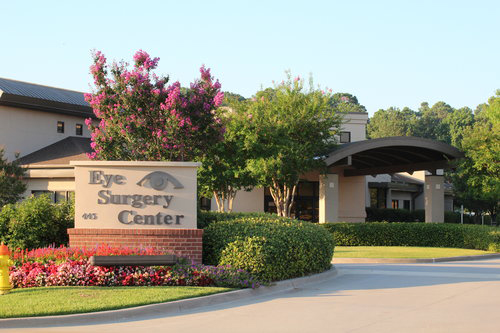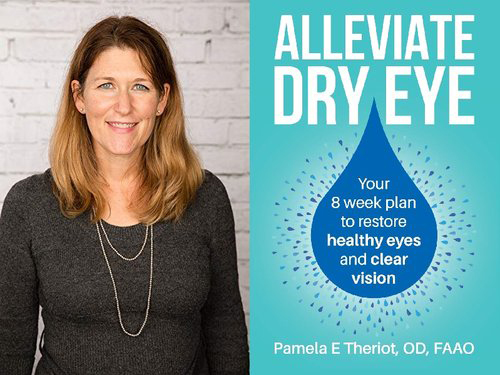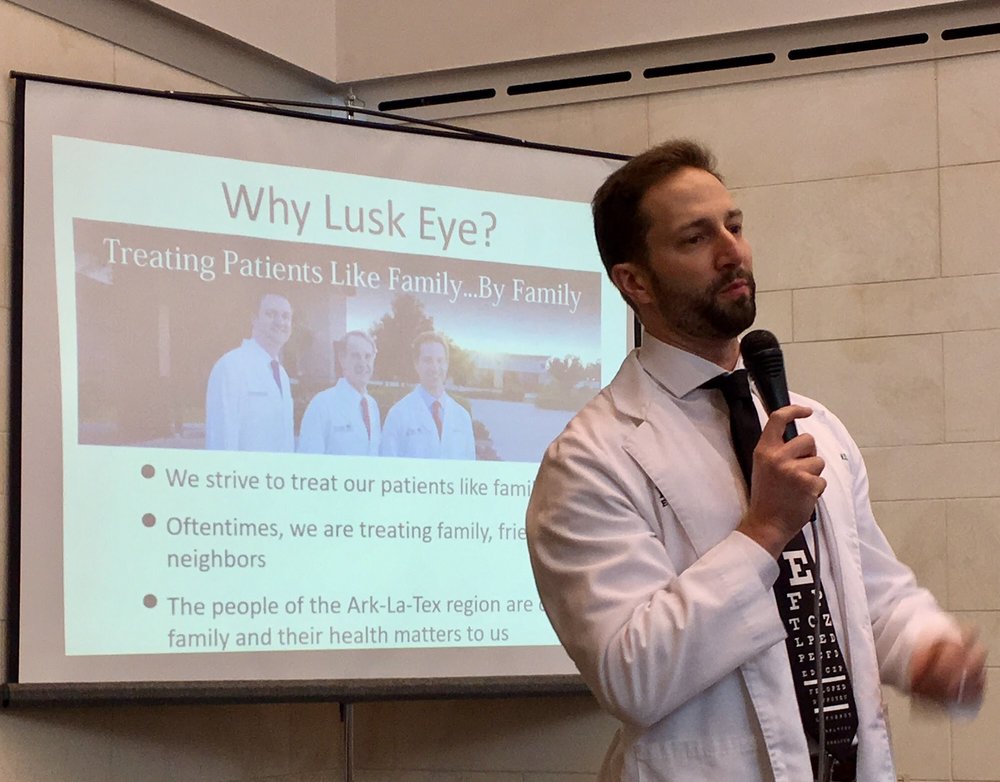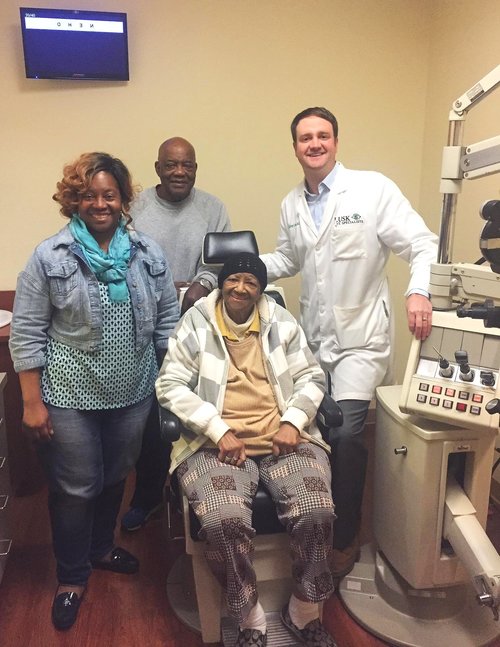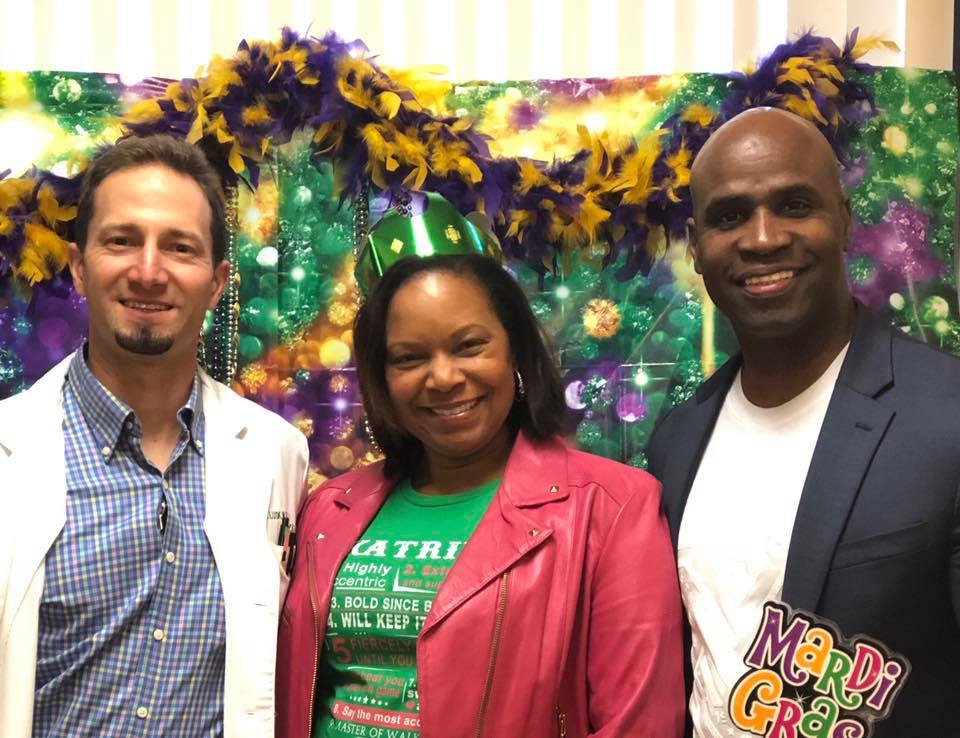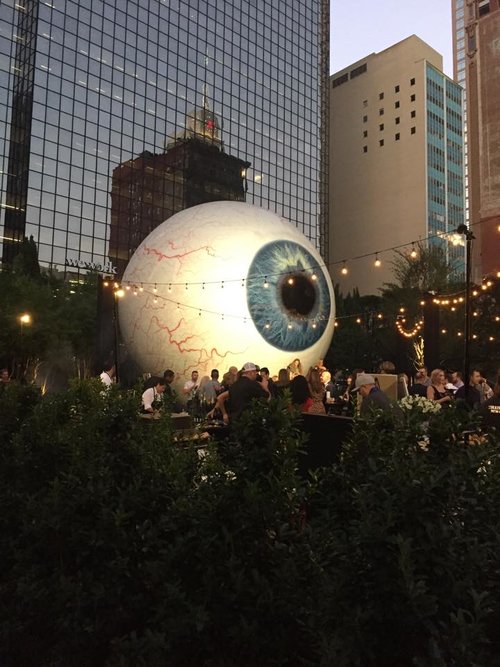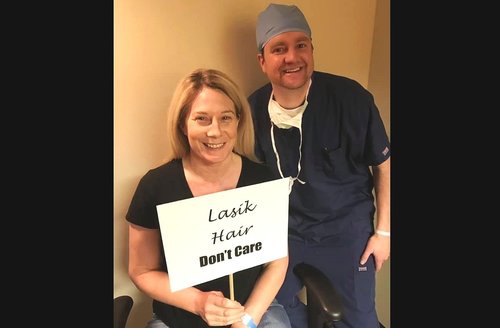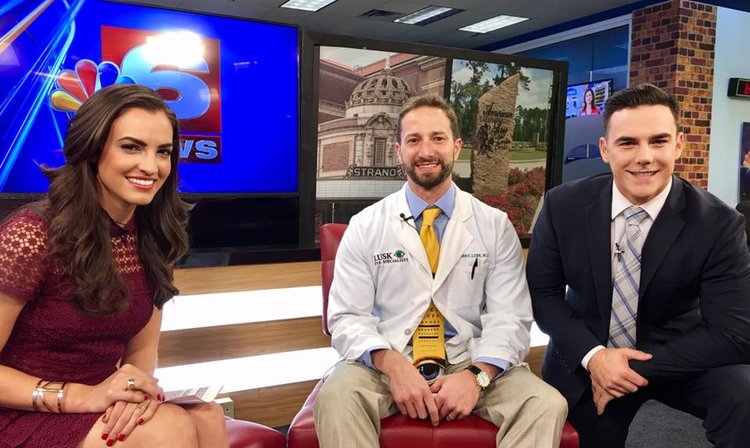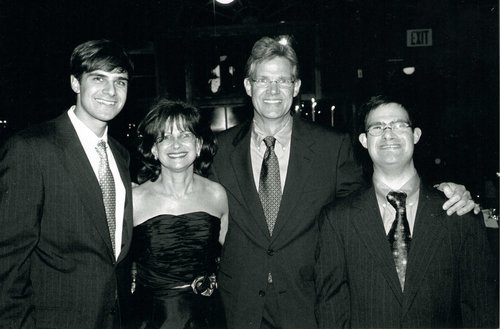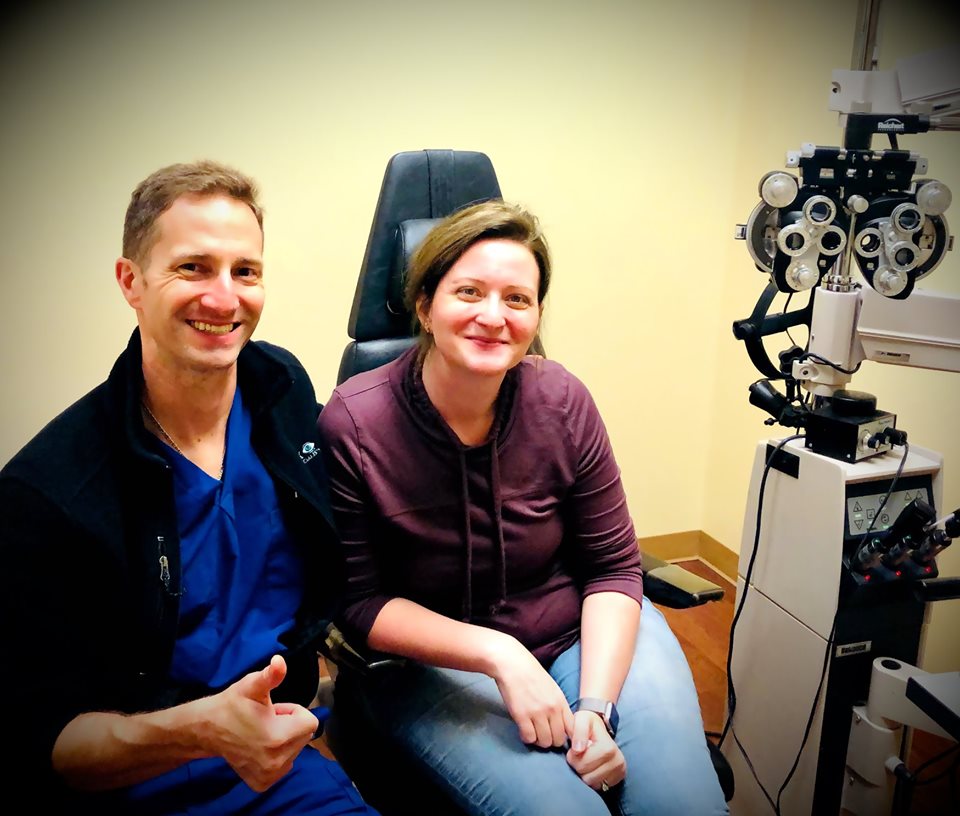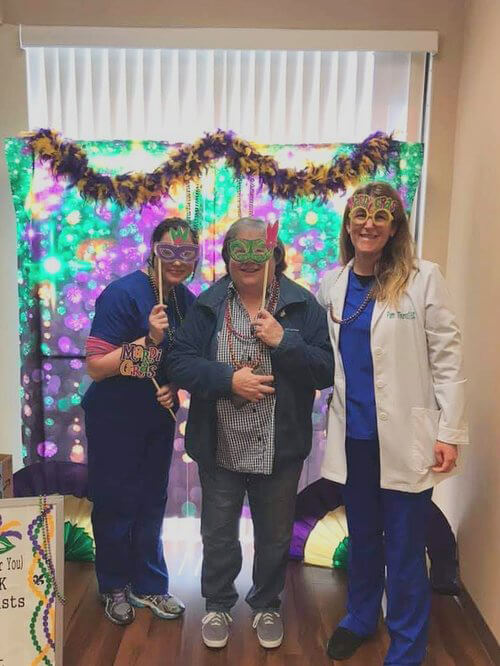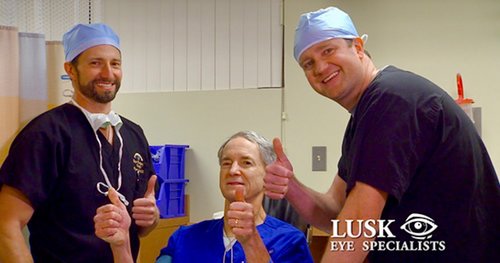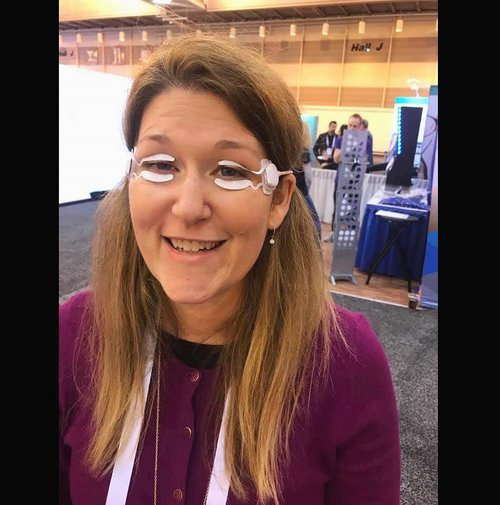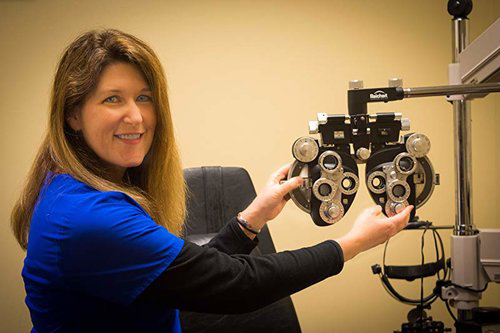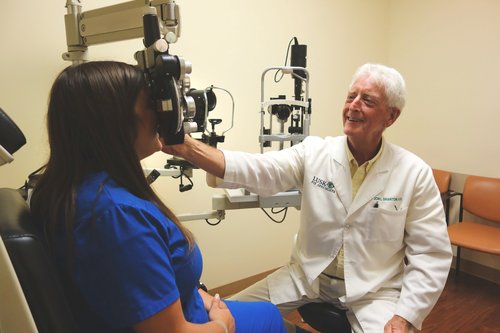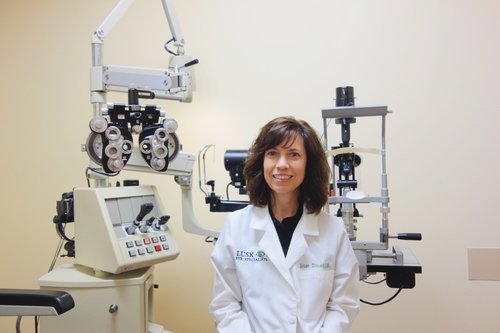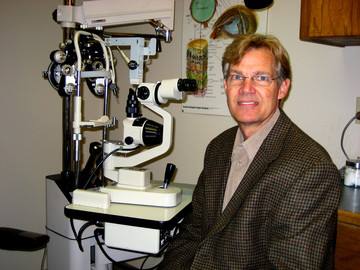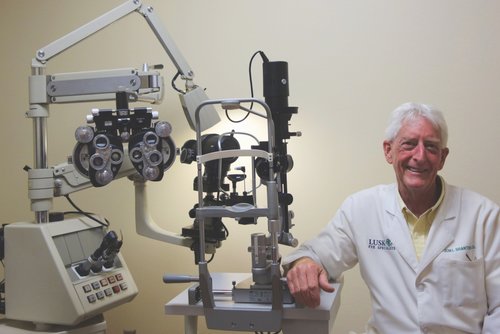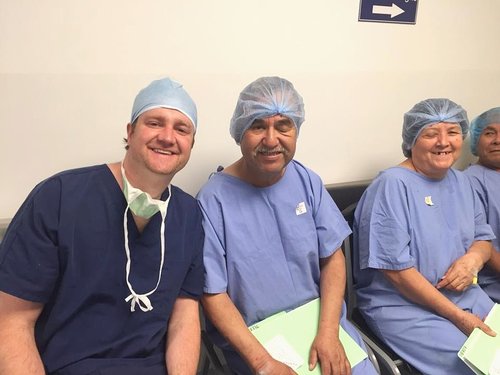How Do Cataracts Affect Vision?
Cataracts are often hard to identify. Part of the reason for this is that they start to develop long before most people realize they’re there. Cataracts caused by aging usually begin to develop in your 40s, but you may not notice them until you’re in your 60s or older. At Lusk Eye Specialists, we frequently diagnose patients’ cataracts in the early stages of development, but we understand that patients aren’t specialists — you may not notice cataracts until they begin to significantly affect the way you see.
Cataracts affect vision by making it cloudy or blurry. They can also affect your ability to perceive color, light, and contrast. While these cloudy or blurry lenses can be easily replaced during cataract surgery, untreated cataracts worsen with time, often leading to complete loss of vision.
What Causes Cataracts?
Cataracts are commonly caused by the natural aging process of your eye’s lens. Your eyes focus with both the cornea and lens. Your cornea is the transparent front of your eye, which focuses light. Your lens is a flexible, clear layer behind the pupil. The lens takes the images focused by the cornea, interprets them, and passes them along through the retina to the brain.
The lens can become obscured from a few different causes, such as protein clumping on the lens, or the lens tissue becoming less flexible, which can scatter or altogether block light focused by the cornea. Your lens changes over time, and the loss of flexibility in the lens is very common. Other common causes include illnesses that impact nutritional balance, trauma to your eye, and genetics.
How Do Cataracts Affect Vision?
Cataracts are most recognizable for cloudy or blurry vision, caused by irregularities in your eye’s lens, but cataracts can affect your vision in several other ways, as well. Symptoms of cataracts include:
- Cloudy or blurry vision
- Faded or yellowed colors
- Increased glare
- Increased light sensitivity
- Decreased contrast sensitivity
- Decreased night vision
- Halos around lights
- Double vision
An important thing to remember with cataracts is that they become more noticeable with time. It’s the reason you can begin developing cataracts in middle age and not notice until approaching seniority. It’s also the reason you don’t want to put off addressing your cataracts. The longer you wait to get cataract surgery, the harder it is to remove cataracts, and the higher your risk is for life-altering vision loss.
How Do Cataracts Affect Night Vision?
Many of those who suffer from cataracts are particularly concerned about their night vision. Cataracts of all kinds can cause a decreased sensitivity to contrast, an added difficulty for making things out in the dark.
Additionally, cataracts can make the lights at night difficult to look at, with increased light sensitivity and halos around lights. Simple tasks like reading at night and driving with an illuminated dashboard can become difficult, if not impossible.
How Can You Prevent Cataracts from Getting Worse?
The only solution to cataracts, once they have formed, is cataract surgery. There aren’t any medications, specialized eyewear, or other treatments that can effectively stop the development of cataracts. The natural lenses must be replaced with artificial ones called intraocular lenses, or IOLs.
On the positive side, IOLs can’t develop cataracts, because they’re not susceptible to the problems of natural lenses. For instance, IOLs won’t stiffen with age, or develop clumps that affect vision. Premium IOLs, such as our multifocal AcrySof® IQ ReSTOR® IOL, can even improve your vision beyond where it was before your cataracts.
While you can’t prevent cataracts from getting worse, you can take preventative measures against them. Protecting your eyes from excessive sun exposure keeps your eyes healthy for longer. A properly balanced diet may also prevent irregularities in your eyes later in life. Even quitting smoking can decrease your risk of developing cataracts.
Cataract Surgery at Lusk
At Lusk Eye Specialists, we want to make your cataract surgery as simple, painless, and effective as possible.
We use cutting-edge techniques and tools to replace your cataracts. Cataract surgery always involves a small incision in the cornea. However, during the procedure your cataract is broken up with high-energy sound waves before removing it. The cataract can be removed through a miniscule incision, which heals quickly and without the need for stitches. Once we’ve replaced your cataract with one of our wide selection of IOLs, you’ll be home the same day, ready to begin your new life of crystal-clear vision.
At Lusk Eye Specialists, we treat our patients like family, by family. With two generations providing care for over 30 years, a commitment to cutting-edge technology, and dedication towards excellent patient care, we want to be a part of your cataract surgery solution. Contact us today to find out how we can help you get clear vision and peace of mind.




